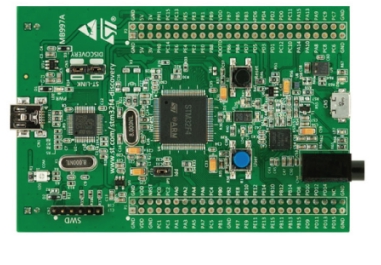Functions of a Battery Management System

In this article, we go over functions of a battery management system.
As electronics and electrical devices grow, there is more dependence on batteries for the operation of these devices.
Many devices from smartphones to watches to electric cars use battery management systems in order to manage the battery power efficiently and do things such as tell you the current battery charge state, so that you know when to charge it.
Battery management systems are very utilized and important with technology and its use will continue to grow, as more devices such as vehicles go electric.
So what are the primary functions of a battery management system? What does a BMS do? And what is its purpose
in the circuitry of a device?
Safety
One important function of a BMS is to ensure that the battery which powers the device such as the smartphone or
electric car is a safe battery to use.
The BMS should detect unsafe operating conditions and respond in their event.
This may include monitoring the temperature of a battery module and shutting down the power,
giving an overheating warning, or activating a cooling device to cool
the battery in the event of overheating. The BMS must protect cells of a battery from damage in
abuse/failure situations.
Prolong Battery Life
Another important function of a BMS is to prolong the life of the battery. The more efficient a battery is run and
operated by a BMS, the longer its use and operation before needing to be recharged and for its entire lifecycle.
An optimally designed BMS can prolong the need for charging in between discharge cycles and prolong the life of the
battery.
Maintain Battery in a State Where It Can Fulfill Its Functional Design Requirements
Although one purpose of the BMS is to prolong and optimize battery life, the BMS also must maintain the battery
in a state where it can fulfill its energy needs for the functional design requirements, which can be
giving enough power to operate a phone or enough power to operate an electric motor in an electric car.
There may be a tradeoff between performance and battery life at times, but the BMS must allow for sufficient
energy output from a battery to fulfill its functional requirements in a circuit.
So a battery management system can be seen as the controller or the CPU for the battery system of a device. It is important for the safety of a device, for the battery life, and for the functionality of a circuit in terms of power requirements to operate the circuit.
Well-designed battery management systems will keep the device safe, will have relatively long battery life
between charges and for the life of the battery, and will supply enough power to operate the device.
Related Resources
